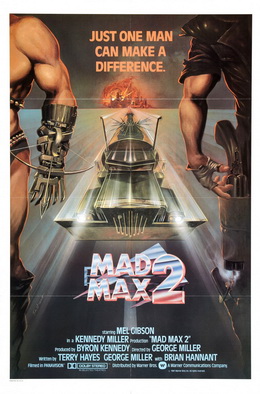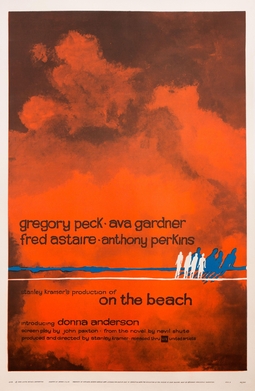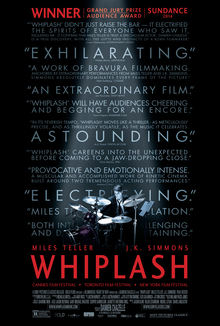- Also Known As:
- Version:
- needed to precede following dl
- Languages:



- Length:
- 113 minutes (Uncut)
- Review Format:
- DVD
- Year:
- 2014
- Countries:
- Predominant Genre:
- War
- Director:

- Outstanding Performances:
- None
- Premiss:
- A platoon is tasked to rescue stolen art masterpieces and ensure they are returned to their previous owners.
- Themes:
- Advertising | Alienation | Art | Christianity | Civilization | Courage | Curative | Emotional repression | Family | Friendship | Genocide | Identity | Individualism | Justice | Love | Loyalty | Materialism | Narcissism | Nostalgia | Personal | Political | Preventive | Propaganda | Sadomasochism | Schizophrenia | Self-Expression | Solipsism | Totalitarianism | Western world | White culture | White people | White supremacy
- Similar to:



A movie having a hard time justifying its existence, since no-one can fight a war within their own geographic location without doing a great deal of damage to their own cultural artifacts. (One is reminded here of the necessity to break eggs in order to make omelets.)
In addition to this shaky premise, if Whites really were serious about protecting the glories of their culture, would they not seek to avoid war, in the first place - at all costs; thereby avoiding the destruction-problem right from the get-go? The attempt is made here to redeem the inherent internecine violence of the various White cultures by claiming that Whites saving art from other bestial Whites somehow redeems Whites, as a whole and as a culture - without ever actually saying how. Would Jews, for example, rejoice at prioritizing the saving of art over the saving of Jewish lives from the Holocaust through such a phony redemption?
This Curative, better-late-than-never approach to White problems is a sure-fire way to ensure the failure of any such attempt to prevent such cultural calamities from ever occurring, at all, since the more useful Preventive measures are not thought about nor provided-for to begin with. In any case, as with birthrates after wars (usually rising), that which has been damaged is more easily-replaceable by deciding not to start such destructive wars in future and by creating a culture that can re-produce such works through a focus on excellence over preservation-obsessed nostalgia.
The morally-reprehensible claim that human lives are less important than art implies that the creators are less important than that which they create. Such a world-view would willingly sacrifice six-million Jews for a single Michelangelo; the presentation of the culture - through its artifacts - being said to be more important than the ideas that gave them birth; even though ideas can just as easily be transmitted by the written - duplicated word - as by individual works of art. The truth carefully-obscured here is that the White man’s greatest achievements actually lie in the art of warfare.
The self-indulgent megalomania with which this movie is imbued (mirroring that of the Nazis they are ostensibly fighting) is ultimately a reflection of the White belief in their own superiority and that the greatest achievements of mankind were those of Caucasians. This is partly-offset by the fact that many of the leading characters get killed, off one-by-one, so that the reality of the war is not entirely elided; giving the audience the illusion that this is, in fact, the kind of generic war movie that it, actually, is not.
Well-mounted, with fine performers, this under-written comedy fails to convince as drama, as history or as the philosophy of culture. The fact that the characters are so flat makes this a poor exploration of the sense of personal identity and self-worth that any culture should provide. Obviously White culture does not provide these things; leaving Whites only with a retarded sense of their own vainglory. Thus, the film successfully negates its own premise by never successfully exploring it; replacing it, instead, with some pretty irrelevant humor and the usual America-saved-Western-culture gobshite.
















